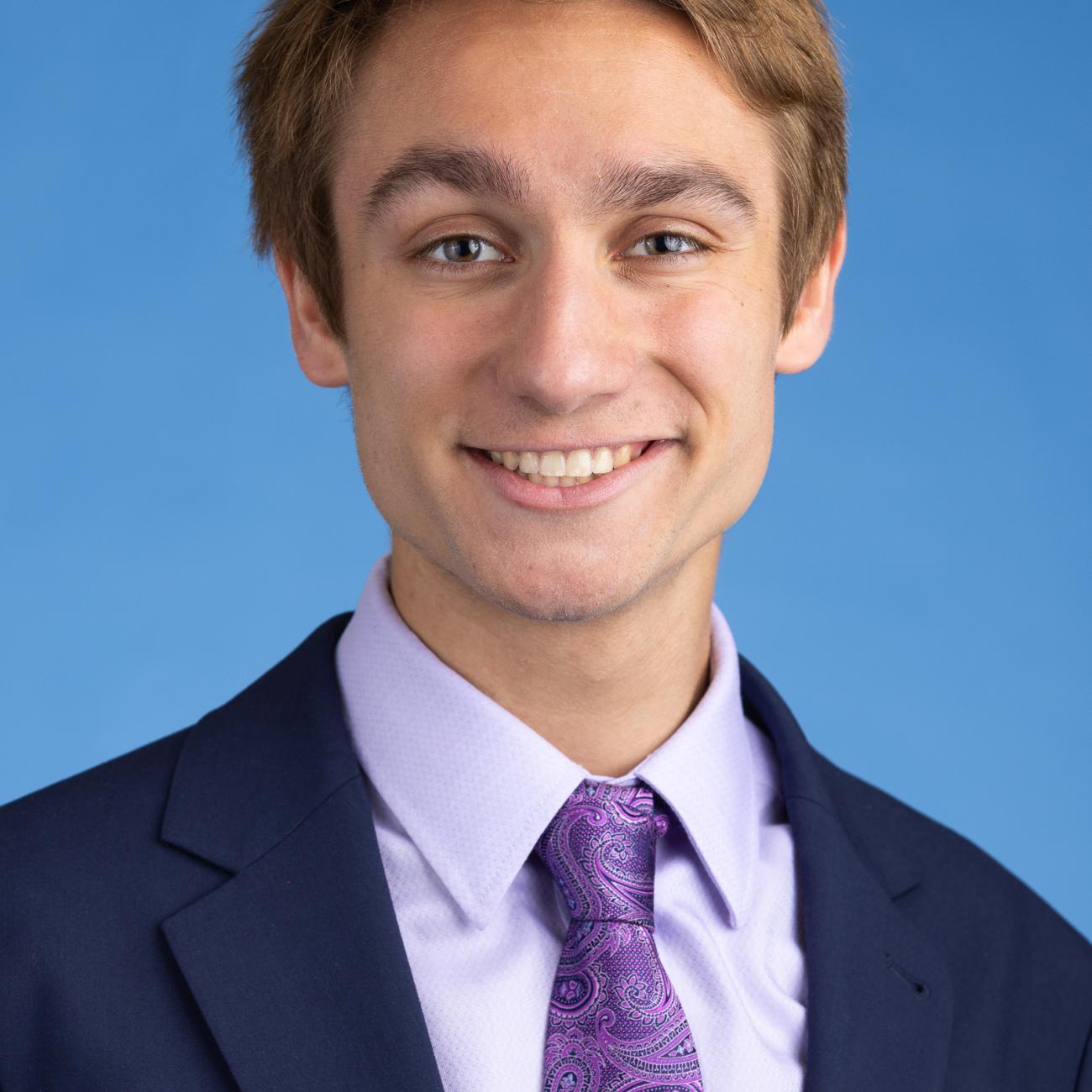Why did you choose LSM?
The program provides me with a wide spread of opportunities to pursue my interests. The complexity of biology always absorbed me the most. I love being involved with research because it places me on the frontier of human discovery, but scientific breakthroughs can’t help people if there’s no infrastructure implemented to provide people with the technologies. The program is uniquely situated to provide students with the necessary knowledge and tools to utilize their education to bring about real change. I plan on continuing my studies to pursue an MD/PhD so that I have extensive knowledge of how to care for others from both a physician and biologist’s perspective, and the business courses help me learn how the healthcare system can be used to support everyone.
What do you find most rewarding or enjoyable about the LSM program?
Having a diverse family of talented people with a shared passion has been a dream come true. LSM is a built-in community that makes you feel right at home the moment you step on campus. We take a lot of classes together, watch each other’s performances, and hang in the lounge studying or watching movies. Motivation comes through accountability, and having them as my peers has motivated me to be a better student because they are all so inspiring. The coursework becomes very doable and enriching when you have the LSM family for support.
Are you doing research currently? If so, where and on what, and what do you like about it?
I am currently working at the Baur Lab through Penn Medicine. The lab focuses on nicotinamide adenine dinucleotide (NAD) metabolism. NAD helps organisms produce energy, but what interests me is its role in aging. Organisms can grow and reproduce or maintain and repair. NAD promotes maintenance and repair to help people live longer, healthier lives, but NAD levels drop as we age. Our research seeks to understand mechanisms of aging and to discover how these mechanisms can be manipulated to extend lifespans. Aging is a critical risk factor for many of the leading causes of death in the developed world. As people age, they are far more likely to have cardiovascular disease, diabetes, cancer, and neurodegenerative disorders. Longevity research fascinates me because slowing the biological clock can target all these significant issues.
What main extracurricular activities do you do at Penn?
As the Men’s Captain of Penn Club XCTF, I’m glad to be able to continue running in college, and I’ve been able to run more on my own terms since the club provides more freedom than a varsity team would. Additionally, I’m Fundraising Chair of the Phi Delta Epsilon (PhiDE) Co-ed Medical Fraternity. Similar to LSM, I’m glad that PhiDE provides me with a fun community that shares my academic and professional interests. I’m also part of the Penn Undergraduate Biotech Society Research Committee where we explore growth in business and biology. In my spare time, I love to catch a movie or play some pickleball.

